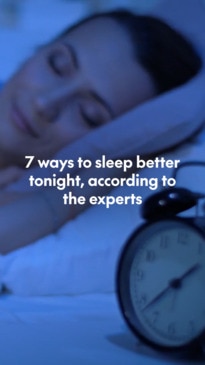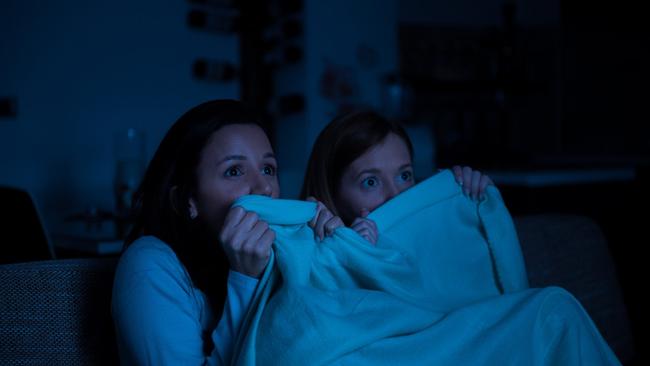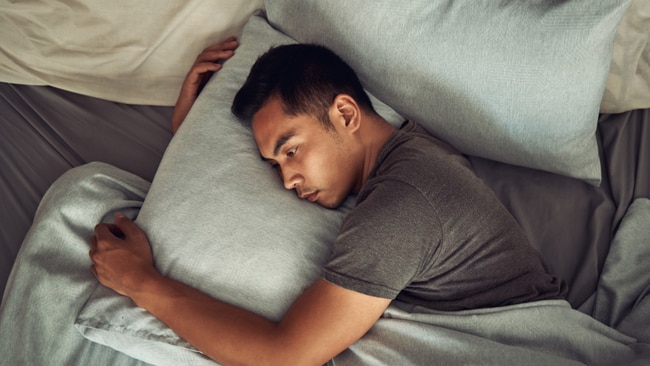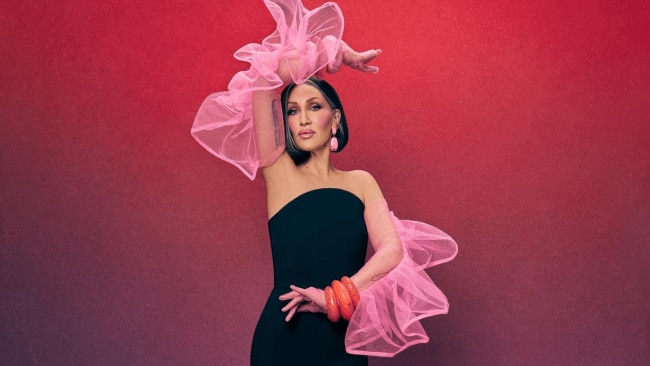is true crime healthy
How much is too much?

Lifestyle
Don't miss out on the headlines from Lifestyle. Followed categories will be added to My News.
Are you a true crime fan? You're not alone. But how healthy is it to listen to, read and watch hours of distressing content? Clinical psychologist and author, Dr Rebecca Ray, weighs in.
Monsters: The Lyle and Erik Menendez Story, The Jinx, Under the Bridge, Making a Murderer, Unbelievable, The Watcher: if you’re like me – a true crime fanatic – and have binged all of these TV shows, you’re not alone – this list also happens to include some of the most-viewed shows on streaming platforms of recent months.
Unfortunately, for those of us who are guilty of these viewing habits, according to one psychologist at least, we may also be…. seriously disturbed. Eek.

Psychologist Dr Thema Bryant spoke on The Mel Robbins Podcast earlier this year and revealed during the episode, that those who consume violent media may do so for a very specific reason: it might be because the trauma of it all is familiar to them.
“If your idea of relaxing before you go to sleep is to watch three episodes of Law and Order, [then] I would encourage you to think about 'why is trauma relaxing to me'?" she said.
"Some of us grew up in high-stress [situations], so people mistake peace for boring. To come home to yourself you have to lean into the discomfort because it’s going to feel unfamiliar." Bryant continued.

It turns out her comments struck a chord with many listeners who posted their feelings on social media.
"It distracts me from the pain I’m feeling in my life. I don’t like it, it just redirects my anger," said one listener. "Constantly feeding your subconscious mind graphic content DOES affect your mood and mindset. it’s impossible to heal that way," wrote another.
To be honest, as a regular and enthusiastic viewer of true crime shows, avid reader of true crime books and an occasional listener of true crime podcasts, I’d never really thought about enjoying true crime as a sign of a deeper problem, or one at all. Reassuringly, clinical psychologist and author, Dr Rebecca Ray agrees.

Ray says that while Bryant makes a good point – if someone finds trauma relaxing, it’s worth reflecting on why that is – fans of true crime aren’t necessarily relating to it for this reason.
“There are many reasons why people enjoy true crime that doesn’t necessarily signal trauma or disturbance," she says. "While her perspective is valid, it doesn't apply to everyone."
Instead, for me and many of us who enjoy the genre, while yes, it is often watched as a way to unwind in the evening, the reason we relate to it is for other reasons such as curiosity about human behaviour or seeking justice.
“People are drawn to true crime for a variety of reasons, such as an interest in psychology, suspense, or understanding dark aspects of human nature," says Ray. "It doesn’t automatically suggest anything ‘wrong’ – it’s more about the individual’s personal reasons for enjoying the genre."

Not only is there nothing ‘wrong’ with most of us who enjoy true crime, but fans of the genre can actually reap benefits from it, says Ray.
“True crime can be educational, offering insights into human behaviour and the justice system. It can also create a sense of empowerment as people learn how to navigate potential dangers and find comfort in seeing justice served.”

On the flip side, some experts in mental health from the US have reported a link between anxiety and watching true crime by sparking distrust in others and causing some people to become unnecessarily hypervigilant.
“It can increase our anxiety because we become hypervigilant. We’re always looking for the bad person. Every white van becomes the van of a killer or murderer,” explained Dr Chivonna Childs, a psychologist with Cleveland Clinic.
Ray agrees, saying that while there is not always a cause for concern, “if watching true crime worsens anxiety, affects your sleep, or becomes a way to avoid your own emotions, it might be time to reassess how much you’re consuming.”

Other downsides of viewing true crime can include potential desensitisation to violence or increased anxiety and fear of the world, she adds, and for those sensitive to trauma, true crime may be particularly emotionally draining.
“If true crime starts to negatively impact your mood or wellbeing, it’s worth re-evaluating your consumption," she says.
However, for the rest of us, grab your popcorn, a glass of wine, put your feet up and binge away! Morbid fascination isn't a crime, after all.
More Coverage
Originally published as is true crime healthy





